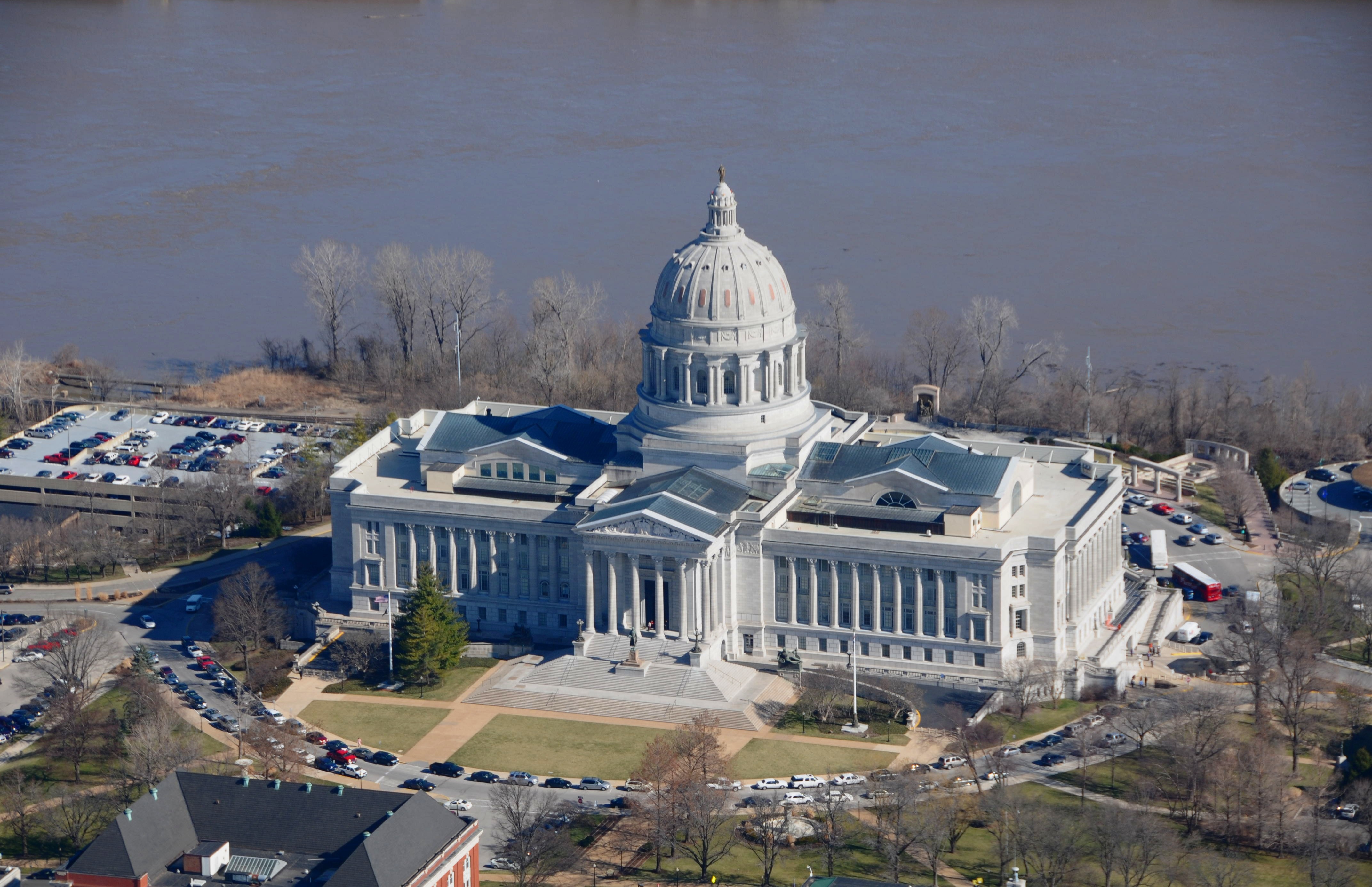Gov. Mike Kehoe (R) signed legislation that would prohibit foreign funding of ballot measure campaigns on July 9, 2025. This makes Missouri the 19th state to prohibit foreign nationals or governments from contributing to ballot measure committees.
Senate Bill 152 (SB 152) takes effect on Aug. 28, 2025. The legislation prohibits ballot measure committees from using funds from foreign nationals for campaign activities. It also requires committees to reject contributions or in-kind support from foreign nationals, as well as from individuals or entities that have received funds from foreign nationals. Donors who contribute more than $2,000 must certify that they are not foreign nationals and have not received more than $10,000 in contributions from foreign nationals within a four-year period.
SB 152 was introduced in the Senate on December 1, 2024, by Sen. Ben Brown (R-26). It passed the Senate by 28-2 on March 27, 2025. It then passed the House by 94-47 on May 15. In the Senate, Republicans supported the proposal, and Democrats voted 6-2. In the House, all Republican members supported the proposal, and all Democratic members opposed it, excluding those who were absent or abstained from voting.
St. Louis Post-Dispatch writer Ezra Bitterman wrote, “The policy comes as the Sixteen Thirty Fund backed by Swiss billionaire Hansjörg Wyss invested millions of dollars into ballot measures last year. The fund contributed $4.6 million to the campaign to pass Amendment 3 which enshrined abortion rights in the Missouri Constitution. It also spent millions on a successful measure to raise the minimum wage.”
Amendment 3, which was approved by Missouri voters in 2024 by 51.6%-48.4%, established a state constitutional right to reproductive freedom, which was defined to include abortion. The campaigns supporting the amendment received $31.4 million in contributions, while the opposing campaigns received $1.9 million. Out of the supporting contributions, $4.59 million came from the Sixteen Thirty Fund. In addition, out of the $6.4 million raised in support of Proposition A, which increased the minimum wage in the state, $3.5 million came from the Sixteen Thirty Fund. Voters approved Proposition A in 2024 by 56%-42%.
Missouri is the ninth state to prohibit foreign spending in ballot measure campaigns in 2025, along with Arkansas, Indiana, Kansas, Kentucky, Louisiana, Montana, Tennessee, and Wyoming. This is a record for the most states enacting such laws in a single year. Previously, no more than one state per year passed such a law, with California enacting the first such ban in 1997. Louisiana was the most recent state to pass such a law when Gov. Jeff Landry (R) signed HB 693 on June 20, 2025.
Campaign finance rules for ballot measures differ from those for candidate elections. In 2012, the U.S. Supreme Court affirmed that, under the Federal Election Campaign Act (FECA), foreign nationals were prohibited from making contributions to candidates. However, FECA “does not bar foreign nationals from issue advocacy,” which includes ballot measure campaigns. The Federal Election Commission, following the court’s orders, has held that ballot measure campaigns are not regulated under FECA. According to the FEC, since ballot measure campaigns are similar to issue advocacy, foreign individuals, corporations, and governments can contribute to them, at least based on federal law.
Ongoing litigation regarding foreign contributions to ballot measure campaigns is occurring in three states—Kansas, Maine, and Ohio. In Kansas, on June 30, U.S. District Court Judge Daniel Crabtree denied an injunction on Kansas House Bill 45, which prohibited ballot measure campaigns from accepting contributions from foreign nationals. Judge Crabtree concluded, "Subjecting HB 2106 to strict scrutiny, the court decides that Kansas likely has a compelling interest in limiting foreign influence in its constitutional amendment ballot issue elections." He wrote, "After all, ballot issues implicate democratic self-government even more directly than candidate advocacy. ... And the ballot issues at stake here, state constitutional amendments, shape the state’s most foundational document."
Kansans for Constitutional Freedom, the plaintiff in the case, said the ban was a "content-based restriction on political speech." The organization also stated, "Rather than accept that an overwhelming majority of Kansas voters rejected the 2022 Amendment on its merits, opponents of abortion rights blamed ‘foreign influence’ for their failure at the ballot box. Moreover, HB 2106 was meant to make it harder for KCF specifically to engage in advocacy related to Kansas constitutional ballot initiatives."
Missouri SB 152 is one of at least 64 bills that have been enacted into law across 48 states concerning ballot measures, initiatives, veto referendums, referrals, local ballot measures, and recall elections during 2025 legislative sessions.
Additional reading:



